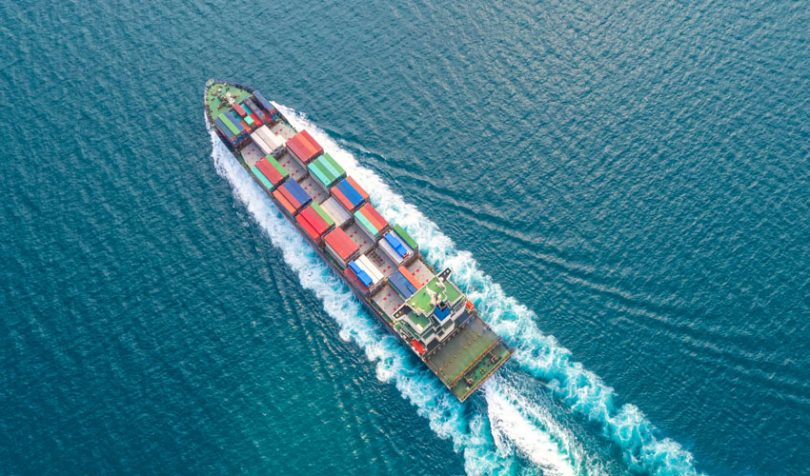Today the Chinese press
published reports that two of the major state-owned banks are expanding their separate trade finance blockchains internationally. China Construction Bank (CCB) is moving into Taiwan and ICBC is partnering in Africa. There are four big Chinese state-owned banks, and these are two of them.
According to the Forbes Global 2000, ICBC is the biggest company in the world ($3.9 trillion assets) and CCB is third ($3.25 trillion assets).
The key benefit of using blockchain for trade finance is to share the digitized invoices and trade documents, cutting down on paperwork and reconciliation. But just as importantly, documents are digitally signed when uploaded to a blockchain, making fraud harder. Most trade finance networks in which big banks participate are private blockchains which only grant access to permissioned members.
Article continues …
Want the full story? Pro subscribers get complete articles, exclusive industry analysis, and early access to legislative updates that keep you ahead of the competition. Join the professionals who are choosing deeper insights over surface level news.







